My Indian Fathers in Fiji
By Fr Kurt Zion Pala
Father Kurt was ordained in his native Iligan City, Mindanao on 21 November 2015. After his ordination he spent some months in Our Lady of Remedies Parish, Malate, Manila, before moving to the Columban house in Cagayan de Oro City where he has been involved in vocation work, mission promotion and fundraising. He will be leaving for his new assignment in Myanmar early this year.
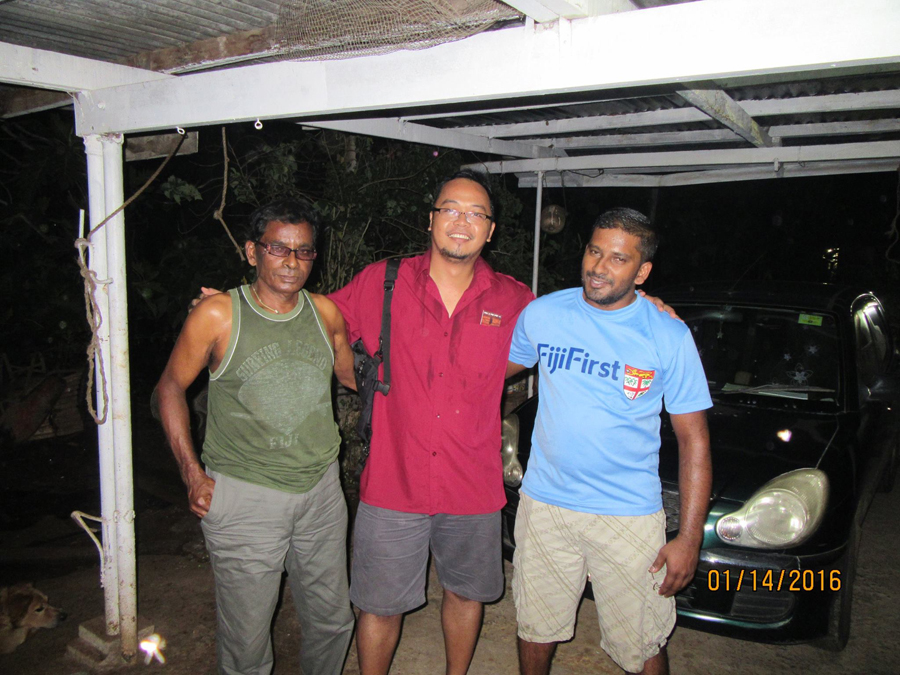
Father Kurt, center, with Abba Sam Daniel and Reverend Roneel Avinay
‘“Abba”, call me that,’ my host father responded when I asked him how I should call him. ‘Abba’ is the Hindi (Indian) word for ‘father’. Sam Daniel would be my third host-father in Fiji. He is Anglican and lives with his wife near their church. They have a son, Roneel, who is now an Anglican priest. Abba works as the school manager of the Anglican Church-run schools in Labasa. He would wake up to feed the chickens. After breakfast he would drive me to the Catholic church for my Hindi lessons and he would report to school. In the afternoon, we would then meet at a small shop near the school and have small talk with his friends. In the evening some of the neighbors would come over and we would have a game of cards and enjoy a big bowl of kava.


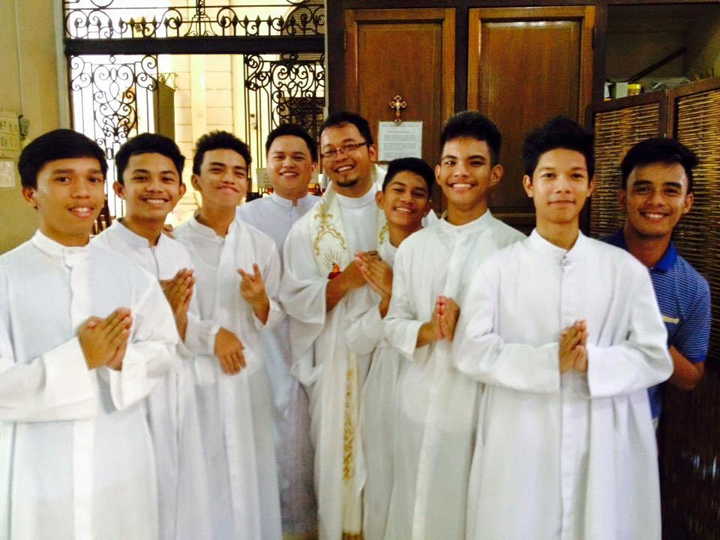
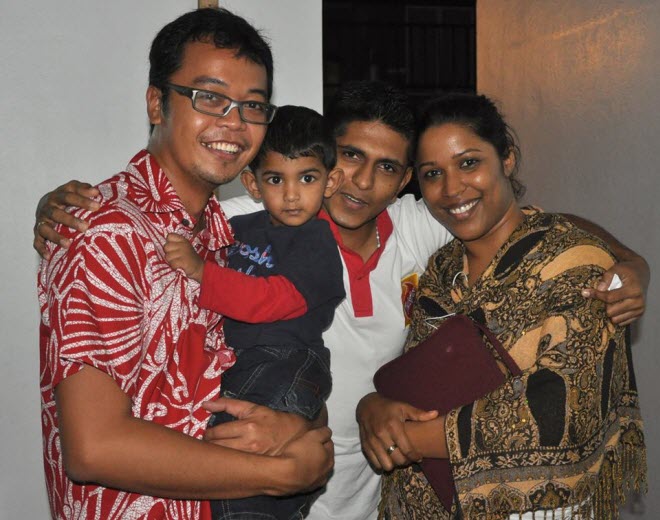
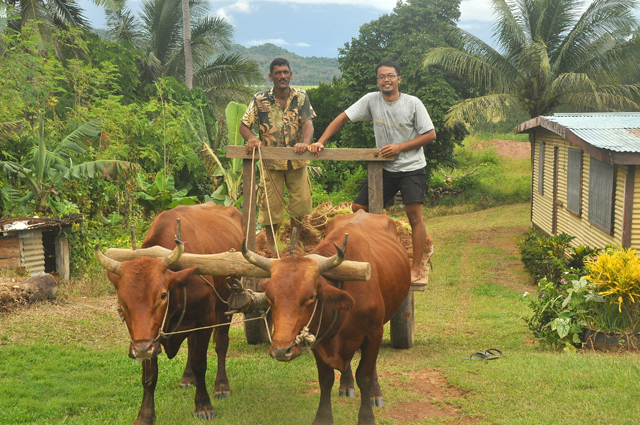
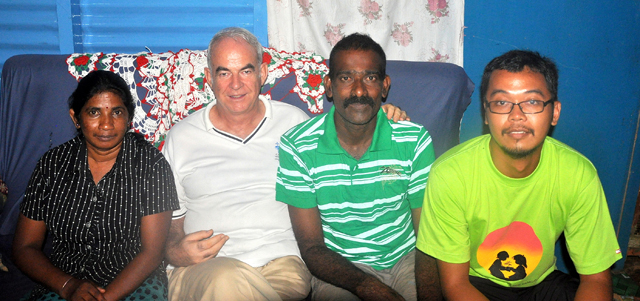
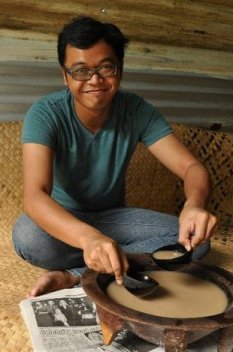
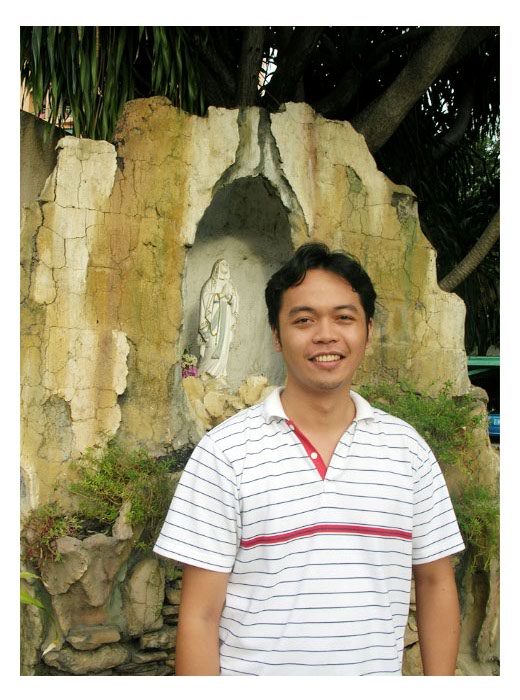 ‘Christi simus non nostri. Perigrinari pro Christo’, I chanted repeatedly as I walked in the dark on my last day towards Agoo. I had been walking for days and sleeping wherever darkness caught me. During the Spiritual Year, the first year of formation, it has become a tradition for Columban seminarians to go on pilgrimage either from Malolos, Bulacan, to Manaoag, Pangasinan, or from Apalit, Pampanga, to Agoo, La Union. Without money, we ask for food and water from the people we meet on our way. At night we also ask around for a place to sleep. We tell people we are on pilgrimage and don’t disclose that we are seminarians unless they ask who we really are. The pilgrimage has always been optional; each of us decides if we will make it or not. We were the sixth batch to go on the pilgrimage.
‘Christi simus non nostri. Perigrinari pro Christo’, I chanted repeatedly as I walked in the dark on my last day towards Agoo. I had been walking for days and sleeping wherever darkness caught me. During the Spiritual Year, the first year of formation, it has become a tradition for Columban seminarians to go on pilgrimage either from Malolos, Bulacan, to Manaoag, Pangasinan, or from Apalit, Pampanga, to Agoo, La Union. Without money, we ask for food and water from the people we meet on our way. At night we also ask around for a place to sleep. We tell people we are on pilgrimage and don’t disclose that we are seminarians unless they ask who we really are. The pilgrimage has always been optional; each of us decides if we will make it or not. We were the sixth batch to go on the pilgrimage.